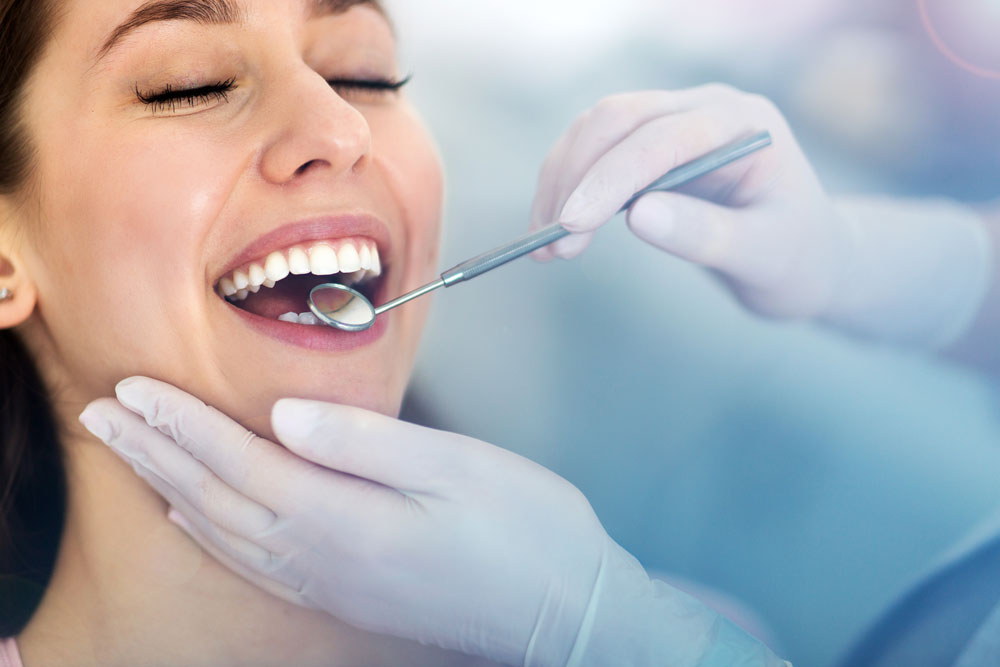Do Teeth Whitening Treatments Work on All Types of Stains?
Do Teeth Whitening Treatments Work on All Types of Stains?
Author
superadmin
Share
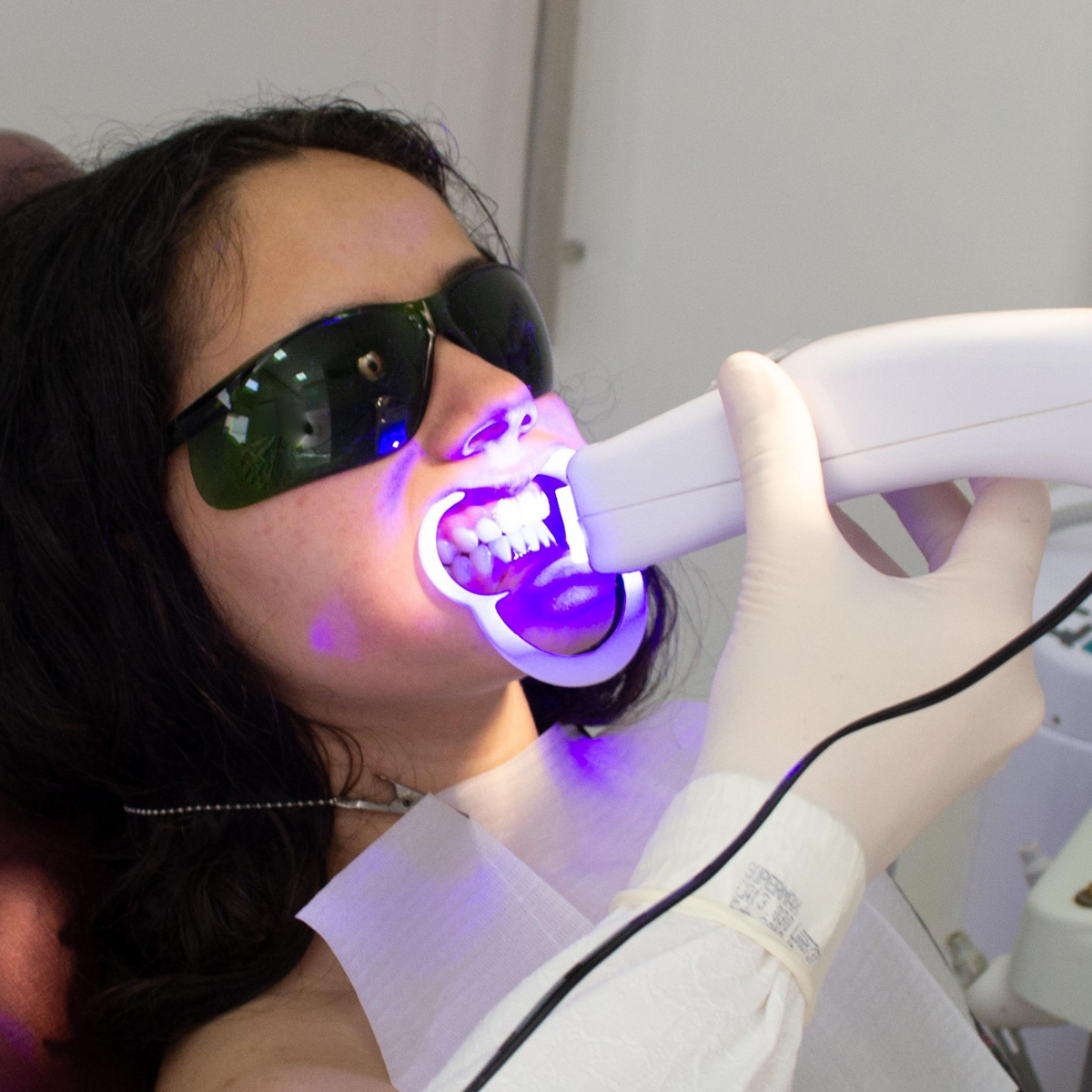
Teeth whitening is among the most sought-after cosmetic dental procedures; nevertheless, it does not consistently yield identical outcomes for all individuals. While several individuals observe significant improvements following a single treatment, others may perceive minimal changes in their discoloration. What is the distinction?
Not all dental stains react uniformly to whitening treatments. The origin and severity of discoloration significantly influence the efficacy of a remedy, and understanding these distinctions will help you select the most effective solution for your smile.
Phoenician Dentistry in Phoenix specializes in customized whitening procedures designed to address your specific type of discoloration. Regardless of whether you are dealing with superficial stains from coffee or more profound discoloration caused by medication or aging, we will help you understand your options and develop a strategy that yields results.
Understanding Tooth Stains: Two Main Types
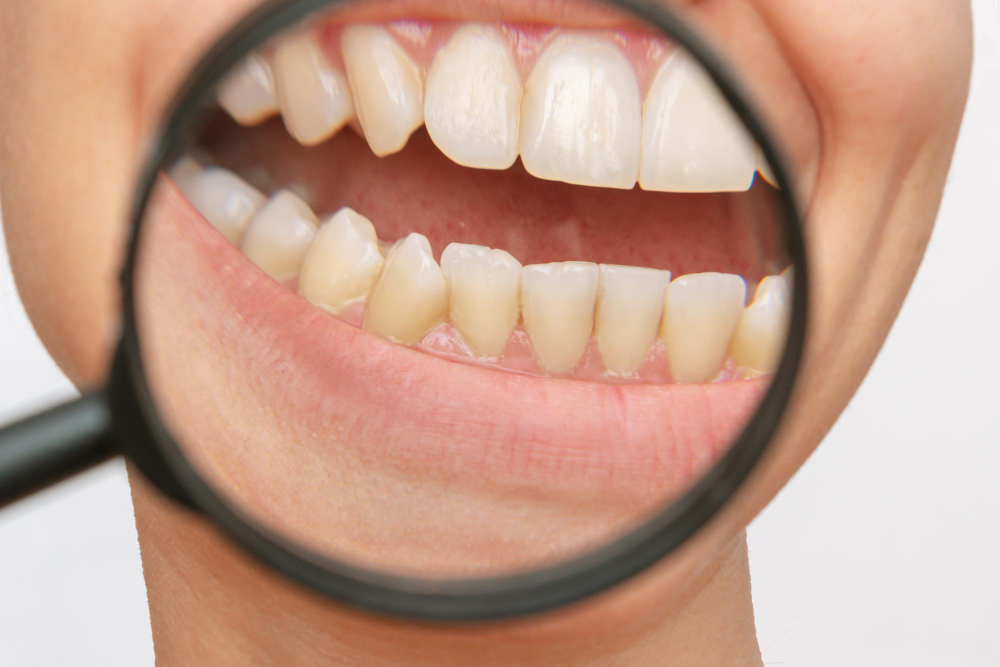
Knowing what kind of stain you have is necessary before selecting a whitening procedure. Tooth discoloration is classified into two main groups, each exhibiting distinct responses to whitening techniques.
Extrinsic Stains (Surface-Level Stains)
These are stains on the outer layer of your teeth, known as enamel. They’re typically caused by:
- Coffee, tea, red wine, or soda
- Tobacco use
- Dark-colored foods like berries or tomato sauces
- Poor oral hygiene or infrequent cleanings
Extrinsic stains exhibit the highest responsiveness to whitening treatments, particularly when addressed promptly. Both over-the-counter treatments and professional in-office whitening can effectively remove these types of stains, with professional choices offering a more rapid and sustained approach.
Intrinsic Stains (Internal Discoloration)
Intrinsic stains affect the inner layer of the tooth, called dentin. These stains are often the result of:
- Trauma to the tooth
- Certain medications (like tetracycline)
- Excessive fluoride exposure (fluorosis)
- Aging (when enamel thins and dentin becomes more visible)
Due to their deeper location within the tooth, these stains exhibit limited responsiveness to most over-the-counter whitening solutions. Even professional whitening may only partially enhance their appearance. In several instances, alternative cosmetic procedures, such as tooth bonding or veneers, may be recommended for long-lasting outcomes.
Determining whether your discoloration is extrinsic, intrinsic, or a combination of both is the initial step in selecting the appropriate remedy. At Phoenician Dentistry, we thoroughly evaluate the nature and extent of your discoloration before recommending any treatment.
Common Causes of Tooth Discoloration
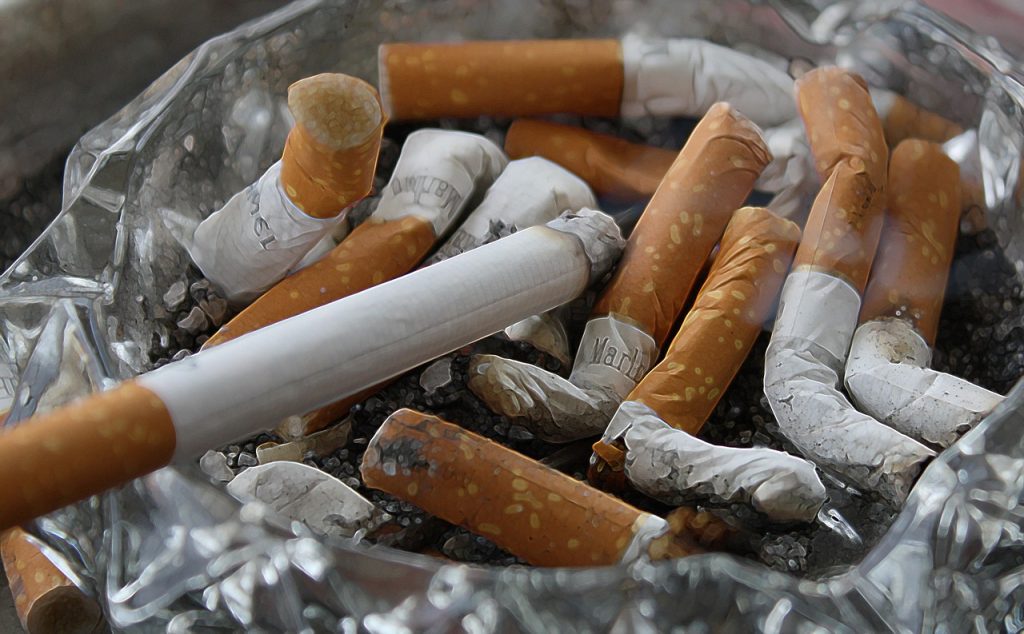
Tooth discoloration may manifest either gradually or abruptly, with the underlying cause frequently influencing the efficacy of whitening treatments. Determining the origin of your discoloration enables us to select the most efficacious therapy at Phoenician Dentistry.
1. Food and Beverages
- Coffee, tea, red wine, cola, and dark berries contain chromogens, pigments that cling to enamel.
- These are typical extrinsic stains that often respond well to whitening, especially when treated early.
2. Tobacco Use
- Smoking or chewing tobacco can cause stubborn, yellow, and brown stains on the enamel.
- Tobacco stains are extrinsic but can become deeply embedded over time, requiring professional treatment.
3. Poor Oral Hygiene
- Frequent brushing and flossing are essential to prevent plaque and stain-causing substances from building up.
- Regular cleanings and whitening can improve the appearance when oral care is improved.
4. Aging
- As you age, the enamel on your teeth naturally wears down, making the yellow dentin underneath more visible.
- This is a form of intrinsic staining that may lighten with professional treatments but often requires ongoing maintenance.
5. Dental Trauma
- A blow to a tooth can damage the nerve or dentin, leading to internal discoloration.
- These stains typically do not respond to whitening and may require bonding, veneers, or crowns.
6. Medications
- Antibiotics such as tetracycline or doxycycline, taken during tooth development, can cause deep, gray, or brown stains.
- Other medications, including certain antihistamines or chemotherapy drugs, may also affect tooth color.
7. Fluorosis
- Excessive fluoride intake during childhood can cause white spots or streaks on enamel.
- These stains are often resistant to whitening and may need cosmetic treatment for even color correction.
Regardless of whether your stains are minor or intricate, comprehending the underlying cause is essential for selecting the appropriate method. At Phoenician Dentistry, we begin each whitening appointment with a personalized evaluation to ensure your treatment is tailored and effective.
Do Over-the-Counter Whitening Products Work on All Stains?

Numerous individuals use over-the-counter whitening products, such as strips, pens, or toothpaste, expecting significant results. Although these products may be beneficial in certain instances, their efficacy is constrained and largely contingent upon the nature and intensity of the staining.
Best for Surface-Level Stains
Over-the-counter (OTC) whitening treatments typically function by eliminating surface stains. Teeth stained by coffee, tea, or light tobacco usage may exhibit gradual improvement over time. The whitening ingredients in these solutions are significantly less potent than those employed by dental professionals.
Common OTC options include:
- Whitening toothpaste: Removes surface stains through mild abrasives, but doesn’t change the color of enamel.
- Whitening strips: Use low concentrations of peroxide to bleach teeth, but may not reach all areas evenly.
- Whitening trays and gels can provide limited results with extended use, although they are often less consistent than custom trays from your dentist.
Ineffective for Deep or Intrinsic Stains
If your coloring results from trauma, medication, aging, or internal injury, over-the-counter remedies are unlikely to be effective. These profound stains necessitate more potent substances and expert approaches for any potential improvement, if whitening is deemed suitable at all.
Risks of Overuse
- Tooth sensitivity is a common side effect of excessive whitening
- Uneven results can occur, especially if products don’t fit properly or miss areas
- Prolonged use without supervision can lead to enamel damage or gum irritation
If you’ve tried at-home products without the results you hoped for, you’re not alone. That’s where professional whitening at Phoenician Dentistry offers a safer, more effective alternative.
How Professional Teeth Whitening Works
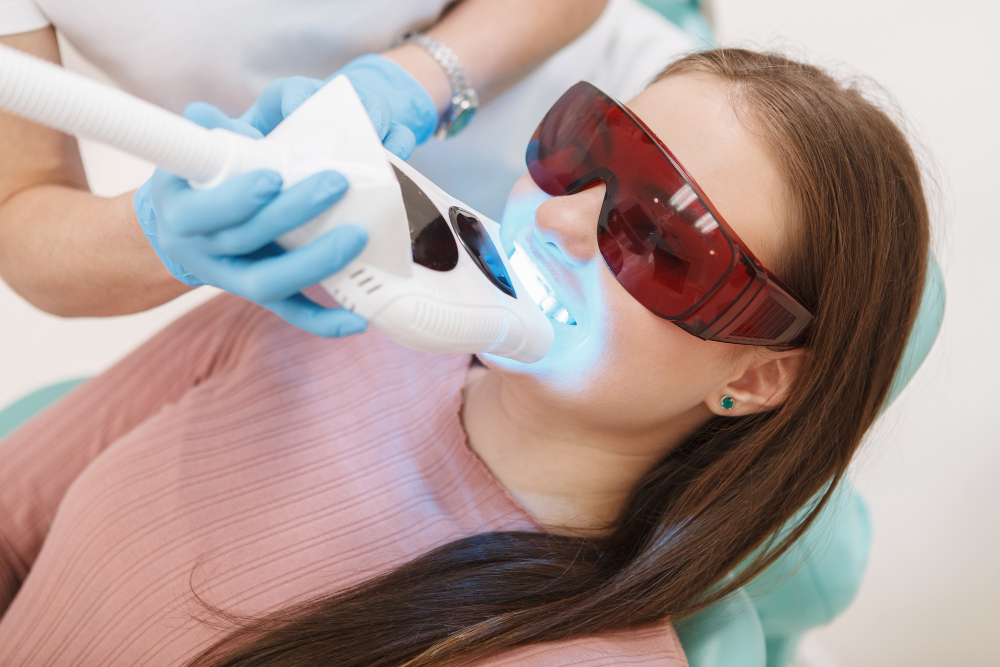
In contrast to over-the-counter alternatives, professional whitening procedures are meticulously formulated to provide significant, uniform, and safe outcomes, particularly for more persistent or extensive discoloration.
Phoenician Dentistry provides superior whitening options that surpass those found in retail establishments. This is the procedure’s operation.
Stronger Whitening Agents
In-office procedures utilize high-concentration bleaching substances, commonly hydrogen peroxide or carbamide peroxide, which infiltrate the enamel more profoundly. These remedies can penetrate and eliminate stains within the tooth, rather than merely addressing surface discoloration.
Due to their administration under professional supervision, these agents are safer and more regulated, hence reducing the risks of sensitivity or soft tissue irritation.
Custom Treatment Plans
We evaluate:
- The type of stains (extrinsic or intrinsic)
- Their severity
- Your oral health history
- Tooth and gum sensitivity
This allows us to tailor a whitening solution that fits your unique needs and maximizes results while protecting your enamel.
In-Office Whitening
In a single appointment, we can significantly whiten your smile using safe, professional-grade products. Benefits include:
- Immediate and visible results
- Precise application for even whitening
- Desensitizing agents to minimize discomfort
Which Stains Respond Best to Whitening?
Not all tooth discoloration responds uniformly to whitening methods. The essential factor for effective whitening is understanding what can be treated successfully and when alternative cosmetic solutions may be more suitable.
Stains That Respond Well to Whitening
The most responsive stains are extrinsic, meaning they occur on the outer surface of the enamel. These include:
- Yellowing from aging: Enamel naturally wears down over time, revealing yellowish dentin. Whitening can often reverse much of this color change.
- Stains from food and drinks: Coffee, tea, red wine, soda, and richly colored foods can be lifted with both in-office and custom at-home treatments.
- Tobacco stains: If caught early, surface stains from smoking or chewing tobacco can be improved significantly with professional whitening.
These stains tend to lighten evenly and predictably with the right treatment.
Stains That May Be Resistant to Whitening
Deeper, intrinsic stains are more challenging. Whitening may offer only limited results, if any, in these cases:
- Gray or brown discoloration from medications (such as tetracycline): These stains develop inside the tooth and often require bonding or veneers for full cosmetic improvement.
- White spots from fluorosis: Caused by excessive fluoride intake during tooth development. Whitening may make the contrast more noticeable.
- Discoloration from trauma or nerve damage: These internal stains typically do not respond to whitening and may require more advanced cosmetic treatment.
- Dental restorations: Crowns, veneers, and fillings will not lighten with whitening treatments and may appear discolored in contrast to newly whitened teeth.
Professional Evaluation Is Key
During your consultation at Phoenician Dentistry, we’ll assess the type and cause of your stains and help you understand what results are realistic, so you’re never surprised or disappointed.
Alternatives When Whitening Alone Isn’t Enough

If your stains are too deep or resistant to whitening, that doesn’t mean you’re stuck with a discolored smile. At Phoenician Dentistry, we offer several cosmetic dentistry solutions designed to cover or correct stubborn stains and improve the overall look of your teeth.
Dental Bonding
- A fast and conservative solution for covering internal stains or white spots.
- Involves applying a tooth-colored resin material to the surface of the tooth.
- Ideal for smaller areas of discoloration or uneven tone.
- Typically completed in one visit.
Porcelain Veneers
- Thin shells of ceramic material are bonded to the front of the teeth.
- Custom-crafted to match your desired shade and shape.
- A great option for covering tetracycline stains, fluorosis, or dark discoloration resulting from trauma.
- Long-lasting and stain-resistant with proper care.
Dental Crowns
- Full-coverage restorations that encase the entire tooth.
- Best suited for teeth that are not only discolored but also damaged or structurally compromised.
- Provide both aesthetic improvement and added protection.
Personalized Treatment Planning
We don’t believe in one-size-fits-all solutions. If whitening won’t give you the results you’re looking for, we’ll walk you through alternative cosmetic treatments based on:
- Your goals
- The location and type of stain
- The health of your teeth and gums
- Your long-term smile preferences
Our goal is always the same: to help you feel confident about your smile using the safest, most effective approach.
How to Maintain a Whiter Smile After Treatment

Dieting concept. Young healthy woman and Junk food
Whether you’ve brightened your smile with professional whitening or chosen a cosmetic alternative like veneers or bonding, maintenance is key to keeping your results looking great for years to come.
1. Avoid Stain-Causing Foods and Drinks
Reduce or limit:
- Coffee, tea, red wine, and dark sodas
- Berries, tomato-based sauces, soy sauce, and balsamic vinegar
If you do consume these, rinse your mouth with water afterward or brush your teeth as soon as possible.
2. Use a Straw for Dark Beverages
When drinking stain-causing liquids, use a straw to minimize direct contact with your front teeth. This small habit can make a big difference over time.
3. Practice Consistent Oral Hygiene
- Brush at least twice a day with a fluoride toothpaste
- Floss daily to prevent buildup that can attract stains
- Consider using a whitening toothpaste a few times a week (if recommended by your dentist)
4. Schedule Regular Cleanings
Professional dental cleanings help remove plaque and minor surface stains that daily brushing can’t. We recommend a cleaning every six months, or more frequently if advised by your dentist.
5. Use Dentist-Recommended Touch-Up Kits
At Phoenician Dentistry, we offer take-home whitening trays for safe, occasional touch-ups. These help extend the brightness achieved through in-office treatments.
6. Quit Smoking or Using Tobacco
Tobacco products are one of the most common sources of tooth discoloration. Quitting will not only help your smile but also improve your overall health.
By following these tips, you can enjoy a brighter, healthier-looking smile long after your initial treatment.
Why Choose Phoenician Dentistry for Teeth Whitening in Phoenix

Selecting the appropriate supplier is crucial for enhancing your smile. At Phoenician Dentistry, we are committed to helping you achieve noticeable, aesthetically pleasing results, whether you are whitening your teeth or considering alternative cosmetic procedures.
Expertise You Can Trust
Our skilled dental team understands the principles underlying tooth discoloration. We do not provide generic treatments; instead, we assess the nature and origin of your stains to suggest the most effective, tailored solution.
Advanced Whitening Options
We utilize premium whitening methods that provide effective results while reducing tooth sensitivity and gum discomfort. Regardless of your preference for in-office treatment or professional-grade take-home trays, we will help you select the option that best aligns with your objectives and schedule.
Safe, Comfortable Care
Unlike over-the-counter products, our whitening treatments are applied under controlled conditions. You’ll benefit from:
- A comfortable environment
- Expert monitoring
- Guidance on how to maintain results long-term
A Full Range of Cosmetic Solutions
If whitening alone isn’t enough, we also offer:
- Dental bonding
- Porcelain veneers
- Crowns
- Full smile makeovers
Our goal is to help you feel confident with a smile that looks great and reflects your health and personality.
Convenient Phoenix Location
Located in the heart of Phoenix, we offer flexible appointments and personalized care for every patient. Whether you’re a first-time visitor or a long-time patient, we’re here to help you love your smile.
Ready for a Whiter, Healthier-Looking Smile?

If you have contemplated teeth whitening or attempted at-home treatments without achieving the desired results, now is the opportune moment to advance to the next phase. Phoenician Dentistry will help you identify the most suitable whitening treatments for your specific type of tooth discoloration and provide expert guidance throughout the process.
Our team is prepared to help you achieve the confident, beautiful smile you deserve.
Schedule your consultation today to discover how we can safely and effectively enhance your smile.



